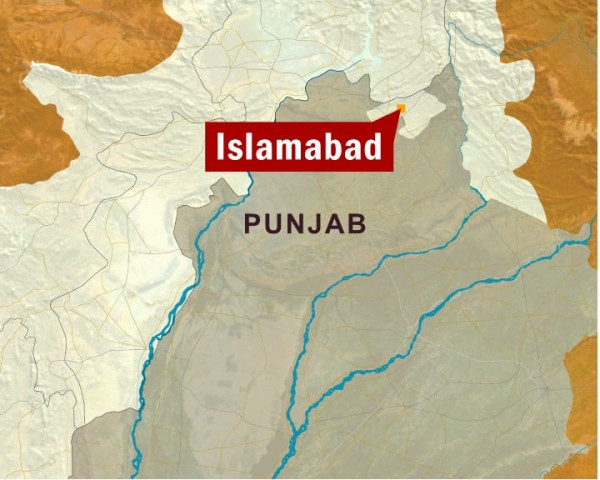Military interventions ‘compromised collective social justice’
Scholar offers sustainable democratic process, as solution.

Military’s deep intervention in the country’s economy has led to social injustice, inefficiency and unequal economic and political development, said Dr Shahrukh Rafi Khan, Copeland Fellow at Amherst College, USA.
While speaking at a seminar titled “The Military and Economic Development in Pakistan”, organised by Sustainable Development Policy Institute (SDPI), here on Monday, he said, “Military’s constitutional role is defense, not enterprise development.”
Dr Khan, who is also former executive director SDPI, challenged the commonly-held perception that the country has experienced better economic growth and development during military regimes as compared to civilian governments.
His research analysis revealed that although macro economic growth increased in some respects under military regimes, human development conditions, social sector development, efficiency and equality of the economy and social justice significantly decreased amid upward increase in military and other non-development expenditures.
Comparing the country’s per capita GDP (PCDDP) income with Korea’s from 1950s to mid-90s, he claimed
that country’s PCGDP decreased from 9 to 8.3 per cent whereas Korea rose from 7.6 to 42.4 percent.
“Development is a collective social action and only social justice keeps people in a collective project where the benefits are proportionate,” he added, while citing the cases of Bangladesh and now Balochistan and South Punjab.
Dr Khan gave a detailed and comparative account of his research study which assesses the outcomes of economic development under military rules in Pakistan while using the deductive, inductive and descriptive research methods.
He gave detailed background of military’s drift towards politics and internal affairs of the country mainly through four military coups. “Pakistan’s army is counted among the powerful and big armies of the world which consumes tremendous resources and avoids any accountability to the civilians,” he added. Talking of various countries of the world including China, he said a strong economy needs good administrative and management skills. The military always gave a false impression to people to justify their rules by claiming the best management and administrative skills.
He differed to the notion that military generals are better administrators and managers. “The military has, over the years, engaged itself in enterprise development as it has developed big foundations and corporations,” he said, adding that the only reason of survival of those corporations is huge hidden subsidies, not the administrative and management capacity of the army.
He informed that subsidy provided to those corporations in year 2010 alone was equal to 50 percent of the total Public Sector Development Programme (PSDP) of the country.
Talking of foreign debt and loans, he said the beneficiaries of those heavy loans have been country’s ruling elite, while poor people will have to repay those loans. He said that the only sustainable solution of the problem is that the democratic process persists and the country is given a chance to practice democracy which will subsequently strengthen civilian rule over military.
Responding to a question, he said that the democratic process in United States of America and United Kingdom took a long time to become strong and representative of common people, adding that corruption and political victimisation was rampant in these countries, but have eventually succeeded in developing a strong democracy and democratic structure free of military interferences.
Published in The Express Tribune, May 11th, 2011.






1724319076-0/Untitled-design-(5)1724319076-0-208x130.webp)












COMMENTS
Comments are moderated and generally will be posted if they are on-topic and not abusive.
For more information, please see our Comments FAQ